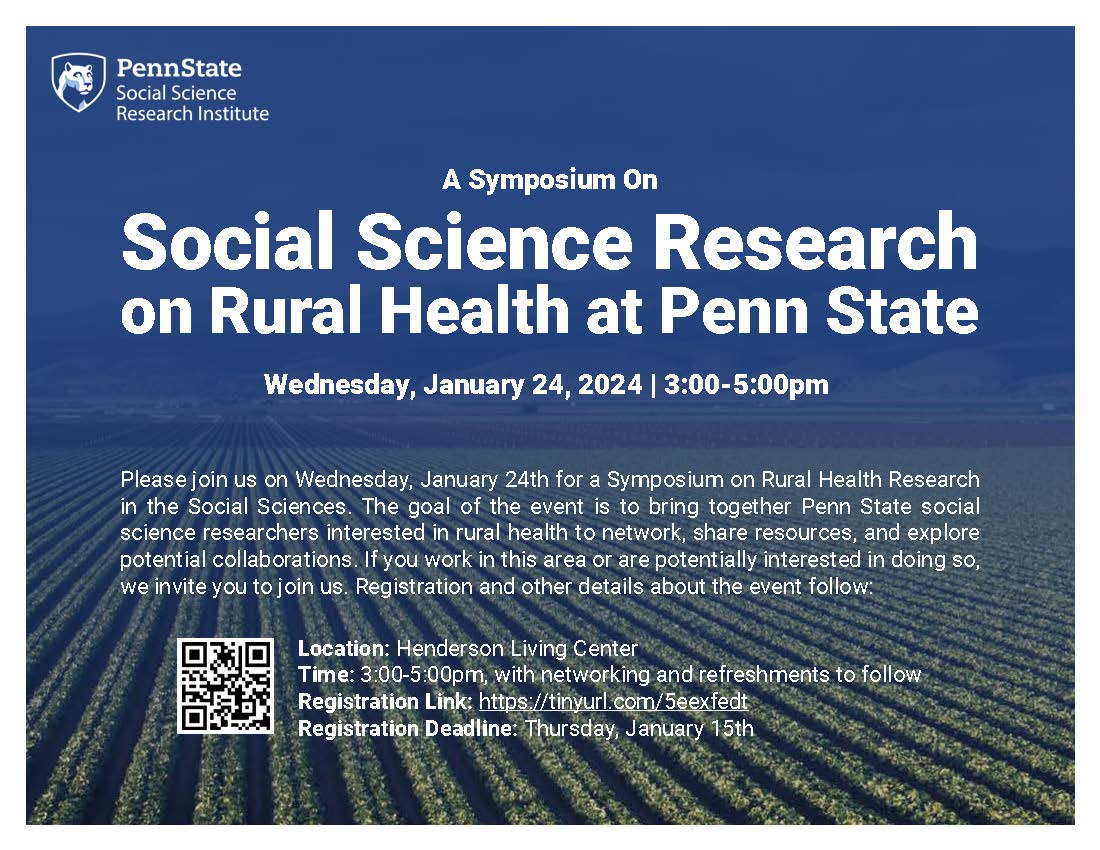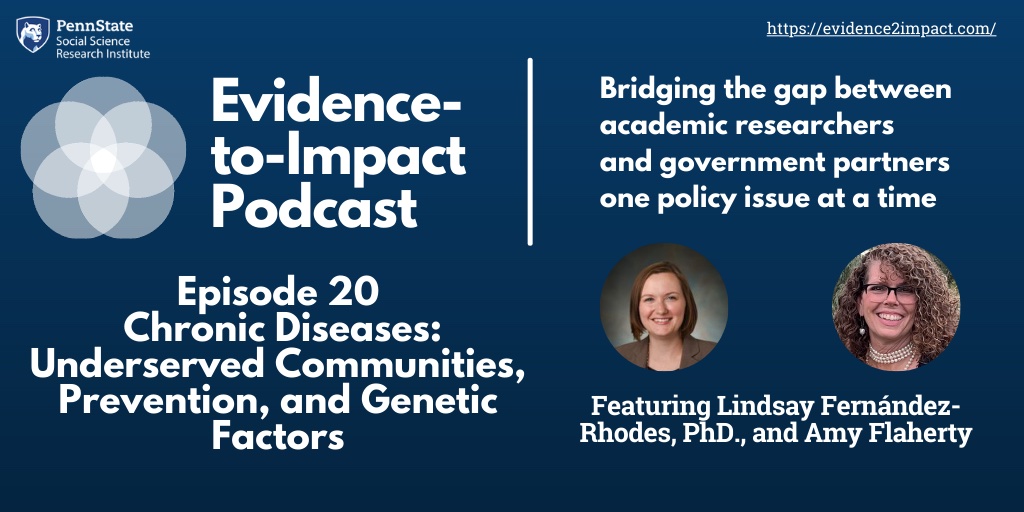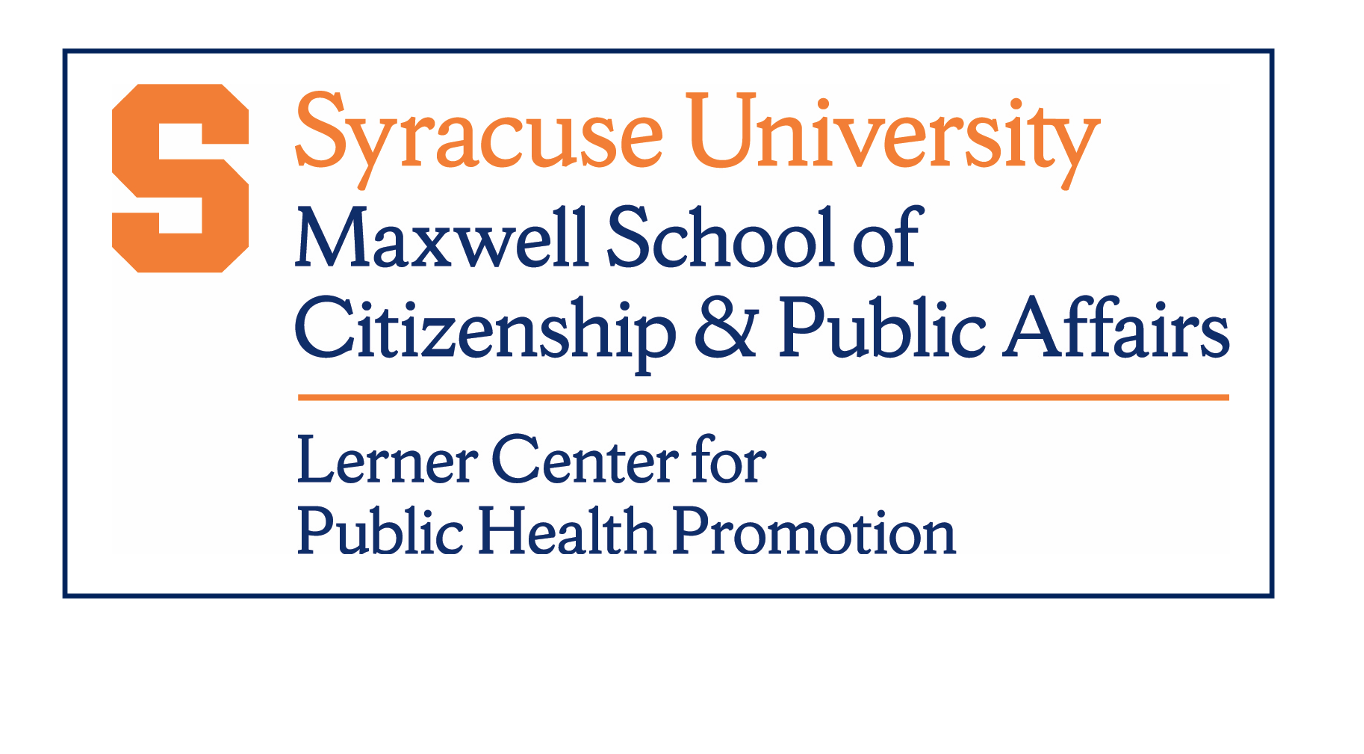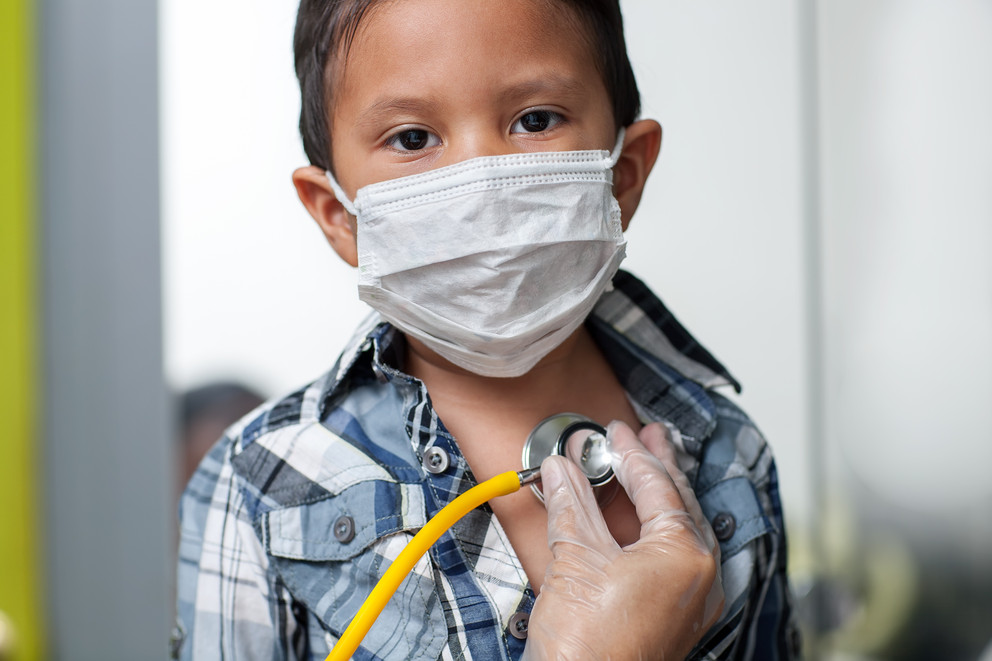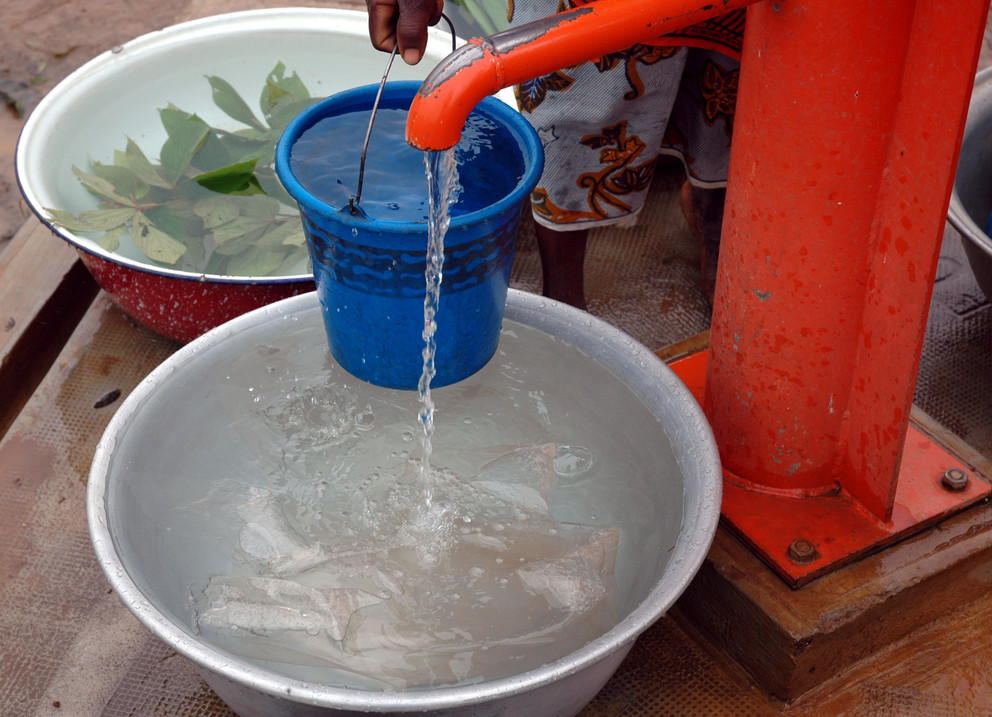25 Years of Service (2) Abortion Rights (1) Activist Groups (1) Addiction (14) ADHD (1) Administrative Data Accelerator (1) Adolescents (2) Aging (19) Agriculture (3) AI (5) AI Hub (2) Air Quality (1) Alaska (4) Alcohol (1) Alzheimer’s Disease (1) Amish (1) Annual Report (2) Anthropology (5) Anxiety (1) Arctic Research (4) Artificial Intelligence (3) Asian Families (2) Associate (1) Asthma (2) Autism (1) Award (24) Babies (2) Big Data (3) Biobehavioral Health (16) Black Families (2) Brain (4) Bullying (1) Business (1) Cancer (1) CCSA (11) Celebration (5) Census (9) Center for Education and Civil Rights (9) Center for Educational Disparities (29) Center for Global Studies (1) Center for Healthy Aging (1) Center for Security Research and Education (4) Center for Social Data Analytics (1) Center for Socially Responsible Artificial Intelligence (4) Center on Education and Civil Rights (2) Child Development (2) Child Health (2) Child Maltreatment (6) Child Maltreatment Solutions Network (5) Child Obesity (6) Child Study Center (2) Chronic Illness (2) Civic Engagement (2) Clearinghouse for Military Family Readiness (6) Climate Change (23) Clinical and Translational Science (6) Cognition (3) Collaborative on Population Aging Disparities (1) College of Agricultural Sciences (12) College of Communications (2) College of Earth and Mineral Sciences (1) College of Education (36) College of Health and Human Development (30) College of Information Sciences and Technology (3) College of Medicine (12) College of Nursing (1) College of the Liberal Arts (37) Communication (5) Communication Arts and Sciences (1) Community (14) Computational and Data Sciences (2) Computational and Spacial Analysis (2) Concussions (1) Conference (10) Consortium on Moral Decision-Making (6) COSSA (13) COVID-19 (27) Criminal Justice (5) Criminal Justice Research Center (7) Criminology (16) CSA (19) CSUA (6) CTSI (43) Data Management (8) Data Resources Hub (1) Data Sources (2) De Jong Lecture (7) Death (3) DEI (3) Democracy (3) Demography (51) Depression (4) Disasters (8) Discrimination (10) Diseases of Despair (1) Dyslexia (1) Economics (4) Edna Bennett Pierce Prevention Research Center (1) Education (20) Education Policy (13) Educational Attainment (4) EIC (8) EIC Podcast (4) Emotion (1) Employment (5) Environment (2) Exercise (1) Expanding Empathy Speaker Series (1) Faculty Fellows (8) Faculty Information (4) Family (9) Family Symposium (20) Fellowship (6) Food Security (4) Forest Resources (1) Foster Care (2) Friends (3) Fullbright Scholars (2) Funding (57) Gender Equality (3) Generational Disadvantages (2) Genetics (2) Geography (4) Geology (1) Geospatial (3) Geroscience and Dementia Prevention Consortium (2) GIS (1) Global Programs (7) Global Warming (5) Government (15) Grief (2) Gun Control (2) Gun Violence (1) Health (7) Health Care (11) Health Disparities (8) Health Equity (8) Health Policy and Administration (4) Hispanic Families (3) Housing (2) Huck (2) Human Development and Family Studies (24) Human Trafficking (1) ICDS (1) IFSE Workshop (3) Immigrants (2) Immigration (30) Impact (3) Indigenous Communities (3) Inequality (2) Inequities (2) Influence (2) Information Technology (4) Innovation (2) Institute for CyberScience (8) Institutes of Energy and the Environment (3) Intentional School Failures (1) Interventions (2) IPDR (1) IRB (2) Job (3) Kinesiology (1) Kinship (3) Labor Exploitation (1) Labor Relations (6) Latino (1) Law (1) Lecture (2) Lerner Center for Public Health Promotion Brief (2) Life Course Exposures (1) Life Expectancy (4) Lloyd Prize (1) Machine Learning (1) Malnutrition (1) Marcellus Shale Natural Gas Development (1) Marijuana (1) McCourtney Institute for Democracy (9) MDI (1) Memory (2) Mental Health (5) Mexico (2) Migration Research (25) Military Families (1) National Security (1) Natural Resources (1) New Methodologies (1) NIH (30) Nominations (1) NSF (21) Nursing (1) Nutrition (1) Nutritional Sciences (1) Obesity (5) Online Aggression (1) Open Access Research (3) Open House (2) OpenMx (1) Opioids (25) OSVPR (10) Overdose (1) PAA (3) PacMAT (1) Parenting (1) Partnership (2) Penn State Cancer Institute (3) Penn State Research (93) Pennsylvania Population Network (6) Pennsylvania Redistricting Advisory Council (1) Philosophy (1) Playing the Archive (2) Podcast (9) POLARIS (3) Policymaking (16) Political Science (11) Politics (12) Population (3) Population Health (6) Population Research (3) Postdoctoral (4) Poverty (1) PPN Brief (2) Pregnancy (3) Preschool (1) Prevention Research Center (4) Prevention Science (6) PRI (100) PRI Affiliate (3) PRI Associate (23) Private Services (1) Professor (1) Promotion Announcement (1) Proposal (7) Protocol (1) Psychology (12) Public Health Sciences (3) Public Policy (10) Public Services (1) Qualtrics (1) QuantDev (4) Race (1) Racial and Ethnic Minorities (5) Racial Disparities (8) Racism (1) RDC (1) Recovery (1) REDCap (1) Refugees (1) Relationships (1) Research (28) Research Evidence (8) Research-to-Policy Collaboration (4) RISE Conference (1) Rock Ethics Institute (3) RPC (1) Rural Communities (12) Rural Health (8) Rural Sociology (14) School (17) School of Public Policy (2) Science Policy (1) Security (2) Seed Funding (29) Segregation (14) Self-control (2) Seminar (7) Siblings (1) SJRC Equity Fellows (1) Sleep (5) SLEIC (1) Smoking (4) Social Data Analytics (2) Social Inequity (2) Social Justice (3) Social Media (4) Social Science (63) Social Stressors (1) Sociology (50) Software (3) Special Education (12) Spring Gathering (3) SRC (1) SSRI (79) SSRI Affiliates (3) SSRI Associate Directors (1) SSRI Cofunds (25) SSRI Director (5) SSRI Staff (3) Stress (4) Substance Abuse (14) Substance Use (7) Suicide (2) Support Resources (2) Survey Research Center (1) Symposium (2) Teams (1) Teens (4) Texas (1) Transportation (1) Twitter Data (5) Unemployment Rate (3) University Policy (2) Veterans (2) Violence (1) Visiting Scholar (1) Water (6) We Are (2) Why Social Science? (21) Womens Health (2) Womens Studies (1) Work Conditions (1) Workforce Development (1) Working Groups (2) Workshop (10)
Pregnant women may not be drinking enough water, researchers report
Maternal under-hydration during pregnancy is associated with a range of negative birth outcomes, including low levels of adequate amniotic fluid and plasma, disrupted fetal brain development and risk of low birth weight, according to guidelines from the American Pregnancy Association and…
Secure access to food and water decreasing for US children
Between 2005 and 2020, the number of children facing simultaneous water and food insecurity in the United States more than doubled. Additionally, Black and Hispanic children were several times more likely than white children to experience food and water insecurity at the same time. This is…
Dehydration in middle-aged and older adults may lead to attention challenges
Dehydration can lead to a wide array of mild to severe symptoms, from temporary inconveniences on mood to life-threatening concerns. Researchers in the Penn State Department of Biobehavioral Health studied how dehydration affects cognitive performance. They found that even mild…
Mortality rates among rural US residents vary based on race, ethnicity, region
Rural Black residents of the South have higher mortality, or death, rates than rural Black residents elsewhere, and so did Hispanic residents of the rural South and West, according to a new study by two researchers in the Penn State College of Health and Human Development. These populations have…
Rural health symposium being held Jan. 24
The Social Science Research Institute (SSRI) is hosting a Symposium on Social Science Research on Rural Health at Penn State on Jan. 24, 3 - 5 p.m., in 110 Henderson Building. According to symposium organizer Danielle Rhubart, assistant professor of biobehavioral health and demography and…
New EIC podcast on chronic diseases
Our first episode of 2023 tackles a fascinating combination of topics involving the impact, prevention, and treatment of chronic diseases through state and local government programs. We spoke to Lindsay Fernández-Rhodes, assistant professor of biobehavioral health and the director of…
Insecure: New study links tap water avoidance and food insecurity
Many Americans take tap water for granted. Water bills are often less expensive compared to people’s other bills, and tap water has been a part of most Americans’ lives since they were born. For nearly 61 million Americans, however, tap water is either unavailable or untrusted. New research from…
Can wearable technology predict the negative consequences of drinking?
“How much have you had to drink?” might seem like a simple question, but it is not always easy to answer. Although there are general guidelines about responsible alcohol consumption, a person’s level of intoxication depends not only on the number of drinks they consume but also on the alcohol…
Flood Risk is Higher in Rural and Disadvantaged Communities
A joint research brief by Penn State's Danielle Rhubert, assistant professor of biobehavioral health and Population Research Institute associate, and Yu Sun, Ph.D. candidate in sociology at Syracuse University, addresses how flood risk varies across places with different demographic and social…
Local law-enforcement policy may affect pediatric health care
Local law-enforcement of immigration policy may affect preventable hospitalization rates for children, according to new research led by a Penn State investigator. “This research shows that there is an association between these policies and the health of the entire community’s children,” said…
Buxton recognized with endowed appointment
SSRI cofund Orfeu M. Buxton, professor of biobehavioral health, was named the inaugural holder of the Elizabeth Fenton Susman Professorship in Biobehavioral Health in the College of Health and Human Development. Buxton's research focuses on the causes of chronic sleep deficiency in the workplace,…
Professor awarded NSF grant for research in water security in Kenya
Asher Rosinger, assistant professor of biobehavioral health and anthropology and Ann Hertzler Early Career Professor in Global Health, was recently awarded a National Science Foundation (NSF) grant allowing him to further his research in water and its impact on health and well-being. Rosinger and…
AI in action: Seminars to explore artificial intelligence research possibilities
Artificial intelligence and machine learning algorithms are already integrated into most of the electronic devices that we use and are powering the global economy’s transformation. But, analysts also warn that AI may have negative effects. For example, American market research company Forrester…
New project to study link between sleep and cognitive decline
The number of people diagnosed with Alzheimer’s disease is projected to triple by 2050. A $3 million grant from the National Institute of Aging (NIA) will fund Penn State researchers to study the relationship between sleep and cognitive decline and impairment. The project will build upon the…
Just 16 minutes of sleep loss can harm work concentration the next day
This article was co-written by Orfeu Buxton, professor of biobehavioral health, and David Almeida, professor of human development, for The Conversation. Have you had a less-than-stellar performance review lately? Do you daydream, or are you making bad decisions? It might not be about your…
Brain's immune system to be topic of Biobehavioral Health Founders Day event
Andrew Miller, William P. Timmie Professor and Vice Chair for Research in Psychiatry and Behavioral Sciences at Emory University School of Medicine, will present the keynote lecture “Immune System Targets in the Brain in Depression: Impact on Neurotransmitters and Neurocircuits” at 3:30 p.m. April…




